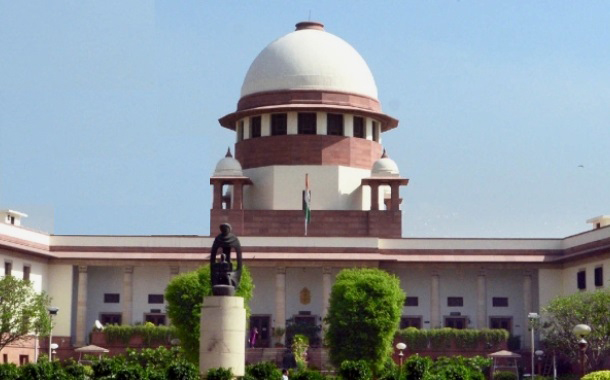New Delhi: Prohibition on exhibition of dubbed serial on television hinders competition in the market and such an act amounts to violation of the Competition Act, 2002, the Supreme Court has said.
The apex court said such prohibition prevents competing parties in pursuing their commercial activities and amounts to “creating barriers” to the entry of new content in a dubbed TV serial.
A bench of Justices A K Sikri and Abhay Manohar Sapre said this while allowing an appeal of the Competition Commission of India (CCI) against an order of the Competition Appellate Tribunal (COMPAT).
“One can clearly view that prohibition on the exhibition of dubbed serial on the television prevented the competing parties in pursuing their commercial activities. Thus, the CCI rightly observed that protection in the name of the language goes against the interest of the competition, depriving the consumers of exercising their choice,” it said.
“It also hindered competition in the market by barring dubbed TV serials from exhibition on TV channels in the state of West Bengal. It amounted to creating barriers to the entry of new content in the said dubbed TV serial.
“Such act and conduct also limited the supply of serial dubbed in Bangla, which amounts to violation of the provision of section 3(3)(b) of the Act,” the bench said.
The court was dealing with a matter in which the CCI had challenged the COMPAT’s order in a case relating to exhibition of dubbed version of famous Hindi serial ‘Mahabharat’ in Bangla language which was to be shown in West Bengal.
Mumbai-based M/s BRTV, the producer of Mahabharat, had entrusted the sole and exclusive rights of the serial to M/s Magnum TV serials to dub the Hindi version in Bangla language.
Thereafter, Magnum TV had appointed M/s Hart Video as the sub-assigner to dub the serial in Bangla language after which two TV channels bagged the rights for telecasting the serial.
However, an association of certain producers in eastern India — Eastern India Motion Picture Association (EIMPA) and Committee of Artistes and Technicians of West Bengal Film and Television Investors — opposed it on the ground that in would adversely affect the artistes and technicians working there.

















